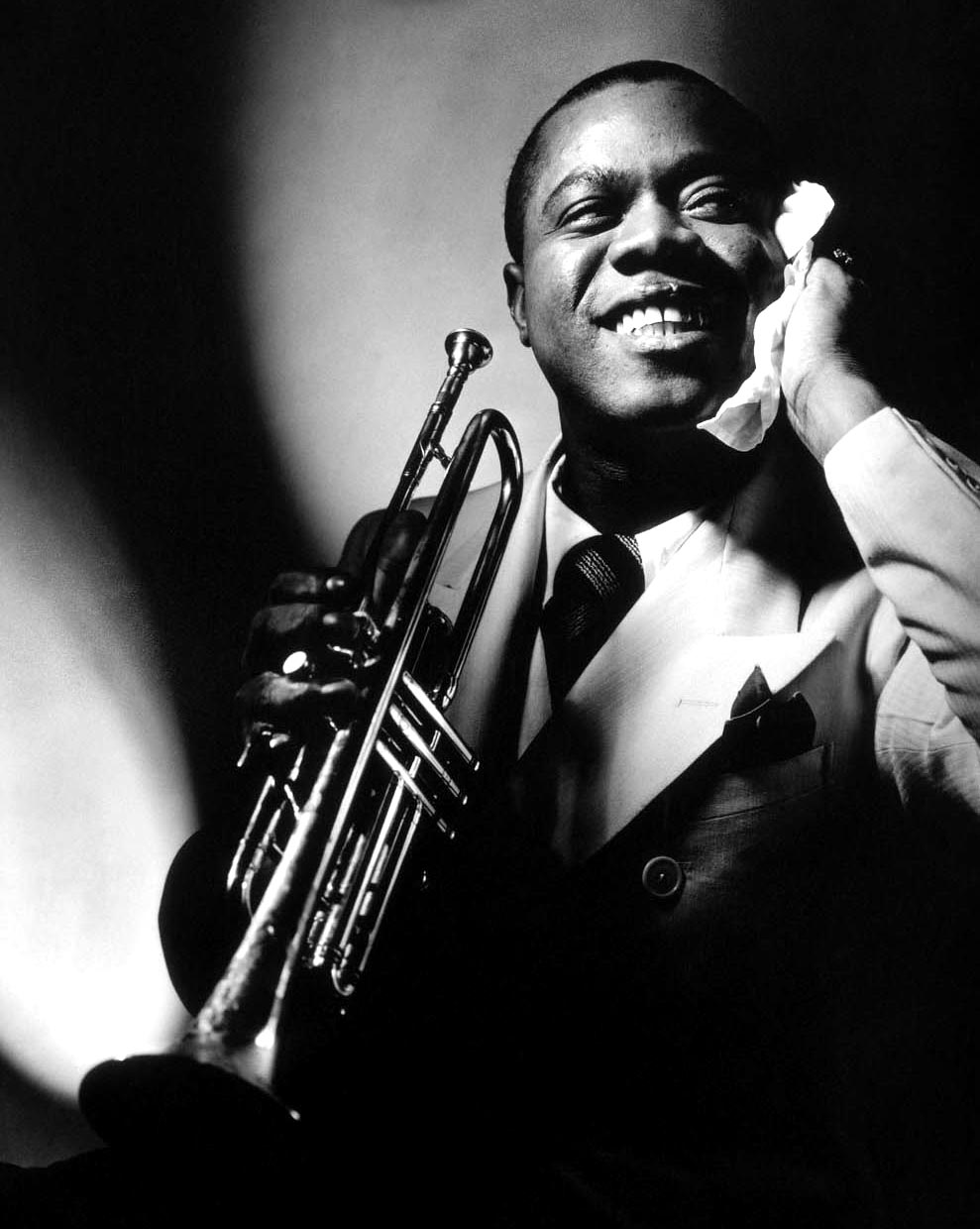Exploring The Melodic World Of Armstrong Music
Armstrong music has long been synonymous with innovation and creativity in the world of sound. From the iconic jazz compositions of Louis Armstrong to contemporary interpretations of his work, this genre continues to inspire musicians and fans alike. The rich history of Armstrong music showcases a blend of cultural influences, reflecting the evolution of jazz and its impact on various music styles around the globe.
As we delve deeper into the realm of Armstrong music, we will uncover the man behind the melodies, the music itself, and the legacy that continues to resonate with audiences today. Whether you're a jazz aficionado or a curious newcomer, the story of Armstrong music is one that captivates and educates, inviting listeners to appreciate the artistry that defines this genre.
Join us as we explore the intricacies of Armstrong music, examining its roots, influences, and the remarkable figures who have contributed to its vibrant tapestry. With each note and rhythm, the power of Armstrong music reminds us of the universal language of sound that transcends borders and generations.
Who Was Louis Armstrong?
Louis Armstrong, born on August 4, 1901, in New Orleans, Louisiana, was a pioneering figure in jazz music. His unique trumpet playing, distinctive voice, and charismatic stage presence revolutionized the music industry and left an indelible mark on the world of entertainment. Armstrong's journey from humble beginnings to international stardom is a testament to his immense talent and dedication to his craft.
What Are the Key Contributions of Louis Armstrong to Music?
Louis Armstrong's contributions to music are vast and varied. Some of his most notable achievements include:
- Innovating trumpet techniques and improvisation styles.
- Pioneering scat singing, a vocal improvisation style that became a hallmark of jazz.
- Popularizing jazz as a mainstream genre through his recordings and performances.
- Collaborating with other legendary musicians, such as Duke Ellington and Ella Fitzgerald.
What Is the Significance of Armstrong Music in Jazz History?
Armstrong music holds a significant place in jazz history as it marked the transition of jazz from a regional sound to a global phenomenon. His innovative approach to music helped to break down racial barriers and paved the way for future generations of artists. Armstrong's influence can still be felt in various music genres, showcasing the timelessness of his work.
How Did Armstrong's Early Life Shape His Musical Career?
Louis Armstrong's early life was marked by challenges and hardships, which greatly influenced his musical journey. Growing up in a poor neighborhood in New Orleans, he was exposed to a rich tapestry of musical styles, including blues, ragtime, and gospel. These formative experiences laid the groundwork for his unique sound and artistic vision.
What Are Some Iconic Songs by Armstrong?
Louis Armstrong's discography is filled with timeless classics that have left a lasting impact on music. Some of his most iconic songs include:
- “What a Wonderful World”
- “Hello, Dolly!”
- “La Vie En Rose”
- “When the Saints Go Marching In”
How Has Armstrong Music Evolved Over the Years?
Armstrong music has evolved significantly since its inception, influenced by changing musical trends and cultural shifts. Contemporary artists continue to draw inspiration from Armstrong's work, blending traditional jazz elements with modern styles such as hip-hop, funk, and R&B. This evolution ensures that Armstrong's legacy remains relevant, captivating new audiences while honoring the past.
What Legacy Has Armstrong Music Left Behind?
The legacy of Armstrong music is one of innovation, resilience, and cultural significance. Louis Armstrong not only transformed jazz but also contributed to the broader social and cultural movements of his time. His ability to connect with audiences on a personal level set a new standard for performers and paved the way for future generations of musicians.
How Can You Experience Armstrong Music Today?
Experiencing Armstrong music today is easier than ever, thanks to the availability of streaming platforms, vinyl records, and live performances. Here are some ways to immerse yourself in the world of Armstrong music:
- Listen to classic albums and singles on platforms like Spotify, Apple Music, and YouTube.
- Attend live jazz performances at local clubs or festivals to celebrate the genre.
- Explore documentaries and films that highlight Louis Armstrong's life and his contributions to music.
Conclusion: The Enduring Appeal of Armstrong Music
Armstrong music continues to captivate audiences around the world, serving as a reminder of the power of creativity and expression in the face of adversity. The legacy of Louis Armstrong, with his unforgettable melodies and innovative spirit, will forever resonate through the halls of music history, inspiring future generations to explore the beauty of jazz and its profound impact on our culture.
Unveiling The Genius Of Euripides: The Master Of Greek Tragedy
Chelhov: The Enigmatic Journey Of A Literary Genius
Unveiling The Life And Legacy Of Michael Oena


